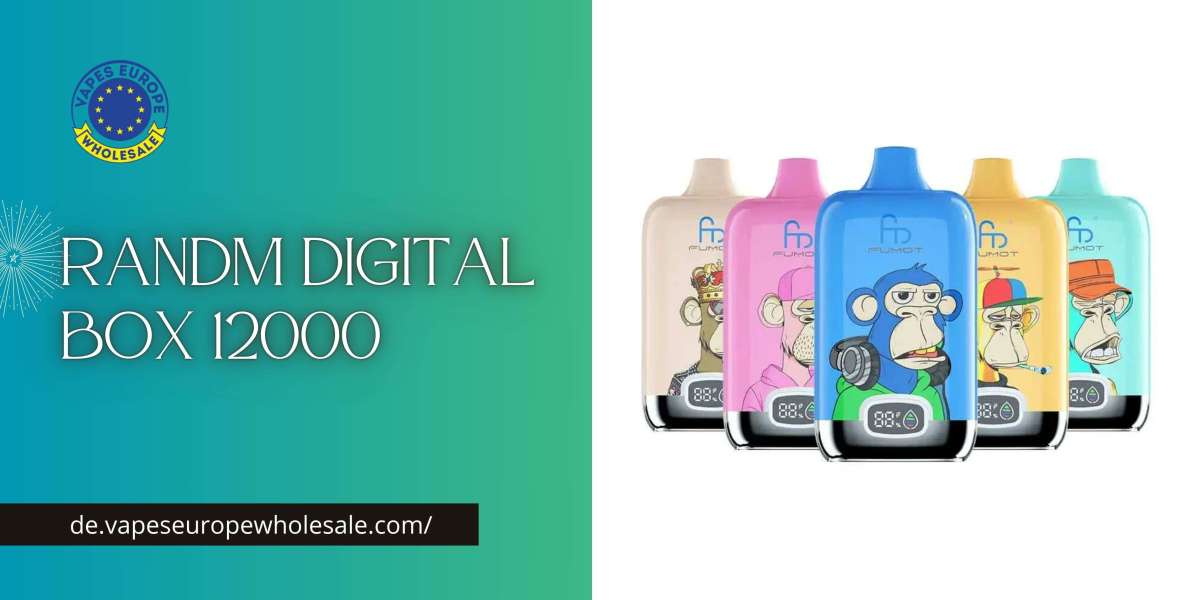The specialty fuel additives market is gaining relevance as industries worldwide seek to optimize fuel performance, reduce emissions, and protect engine components. These additives—ranging from detergents and cetane improvers to antioxidants and corrosion inhibitors—play a vital role across automotive, aviation, marine, and industrial applications.
However, despite the increasing importance of clean and efficient fuels, the market continues to face several barriers that are limiting its broader adoption. From cost concerns and regulatory complexity to technical limitations and low user awareness, these challenges must be addressed to fully unlock the market’s potential.
High Cost of Production and Product Pricing
A major barrier limiting the growth of specialty fuel additives is the high cost of production. Many advanced additives involve sophisticated manufacturing processes, expensive raw materials, and proprietary technologies. As a result, their final cost becomes too high for many fuel distributors or end-users, especially in cost-sensitive markets.
This becomes a critical concern for:
Small fleet operators
Independent fuel stations
Rural or underdeveloped areas
For many users, the short-term investment in additives does not always seem justified, even if the long-term benefits are proven. Without affordable solutions or financial incentives, wider market penetration remains difficult.
Lack of Harmonized Global Fuel Regulations
The specialty fuel additives market is heavily influenced by fuel quality and emission regulations, which vary widely across countries and regions. This lack of standardization leads to operational complexity for manufacturers who must create region-specific formulations to comply with local standards.
For example, fuel sulfur content and combustion efficiency regulations may be more stringent in Europe than in parts of Asia or Africa. These differences increase product development time, raise costs, and prevent the use of a uniform global additive strategy.
Additionally, sudden changes in regulations—without sufficient transition periods—can lead to product recalls or market retraction, making long-term planning difficult for industry players.
Low Awareness and Misunderstanding Among End Users
Despite the benefits of specialty fuel additives, awareness remains low among certain customer groups. Many vehicle owners, small businesses, and even some commercial fuel users are unaware of what additives do or why they are necessary.
Common misconceptions include:
Additives are only for older engines
All fuels already contain sufficient additives
Additives offer no real performance or economic benefits
These beliefs reduce consumer interest and result in underutilization of available solutions. Without targeted education campaigns, product demonstrations, or training initiatives, the adoption curve in many markets remains flat.
Infrastructure and Distribution Challenges in Developing Regions
While demand for fuel additives is growing, logistical and infrastructure barriers in developing regions pose a serious challenge. Many remote areas lack the storage, blending, and transportation infrastructure needed to handle specialty additives effectively.
Additionally, fuel stations and distributors in rural regions may not have access to the proper equipment for accurate dosing and mixing, leading to ineffective usage or operational risks.
To address this, manufacturers must invest in:
Regional supply chains
Local partnerships
Simplified dosing systems
Only with robust infrastructure can these markets participate fully in the fuel additives ecosystem.
Compatibility Issues with Modern Fuel and Engine Types
Modern fuels—especially biofuel blends like ethanol and biodiesel—pose unique challenges that existing additives may not be optimized for. Ethanol can absorb water, while biodiesel is more susceptible to oxidation and microbial growth.
If additives are not properly designed or used for these fuel types, they can:
Fail to deliver performance benefits
Cause corrosion or deposit build-up
Shorten engine lifespan
Additionally, advancements in engine technology—including turbochargers, direct injection, and hybrid systems—require precise fuel conditioning. Incompatible or outdated additives may cause more harm than good, making product innovation critical to market success.
Sustainability and Environmental Compliance Pressures
While additives help reduce fuel emissions, concerns are growing about the environmental impact of the additives themselves. Some chemical components are coming under scrutiny for toxicity, non-biodegradability, or long-term environmental harm.
New laws and consumer demand are pushing manufacturers to develop green additives—but these often come at a higher cost or with performance trade-offs. The transition to sustainable chemistry must be balanced with functionality and price competitiveness to avoid losing ground in a fast-evolving market.
Conclusion: Overcoming Barriers for a Stronger Future
The specialty fuel additives market holds substantial promise as a key enabler of cleaner, more efficient energy use. However, a range of barriers—from high costs and regulatory inconsistency to limited awareness and infrastructure gaps—must be addressed for the industry to achieve its full potential.
Manufacturers, policymakers, and industry stakeholders must work together to:
Promote affordability through innovation
Harmonize global fuel standards
Educate end users
Strengthen local supply chains
Develop sustainable, next-generation formulations
By overcoming these challenges strategically, the specialty fuel additives market can realize consistent growth and play a crucial role in shaping the future of global energy consumption.



